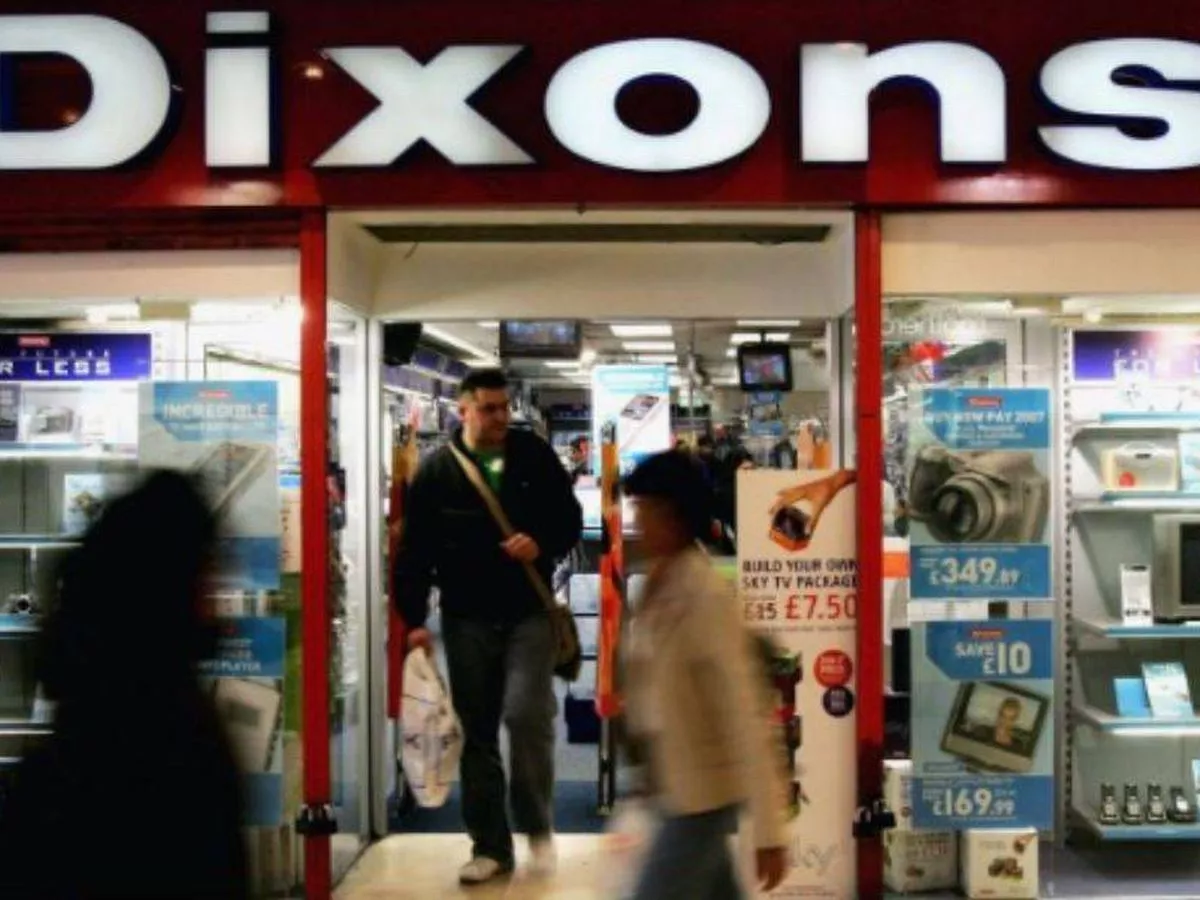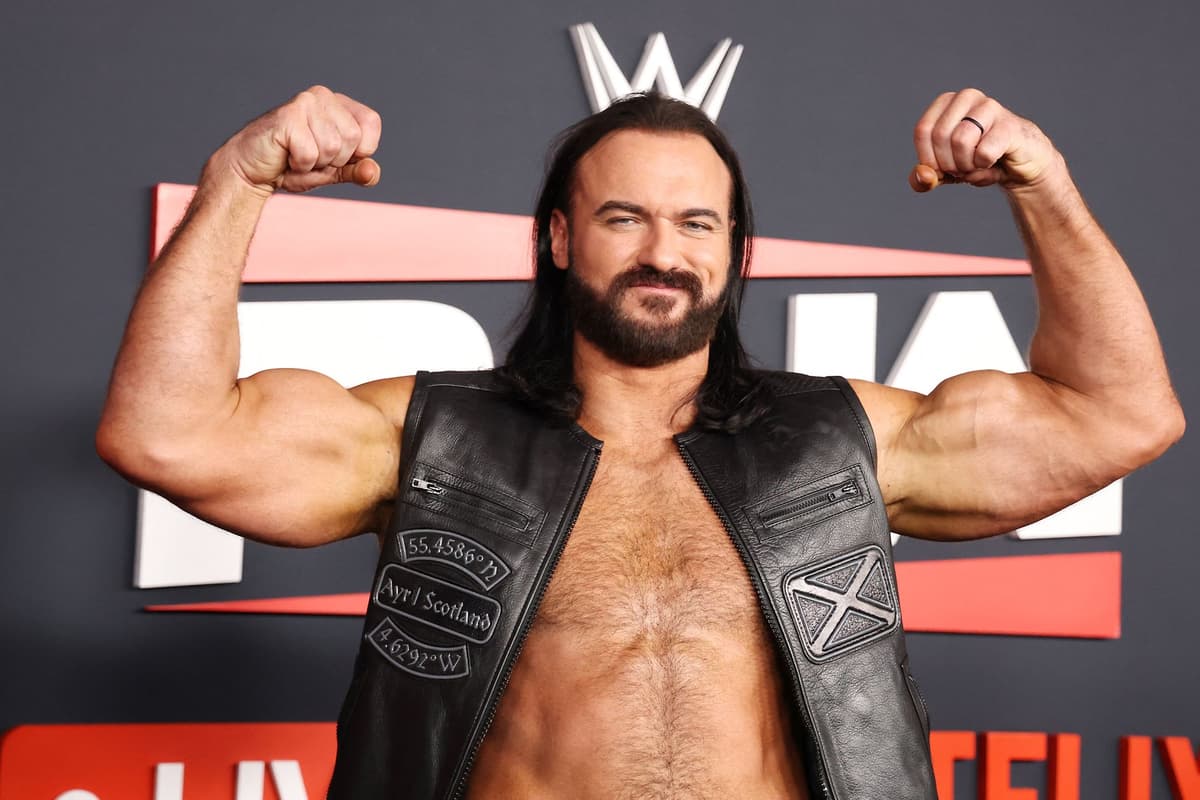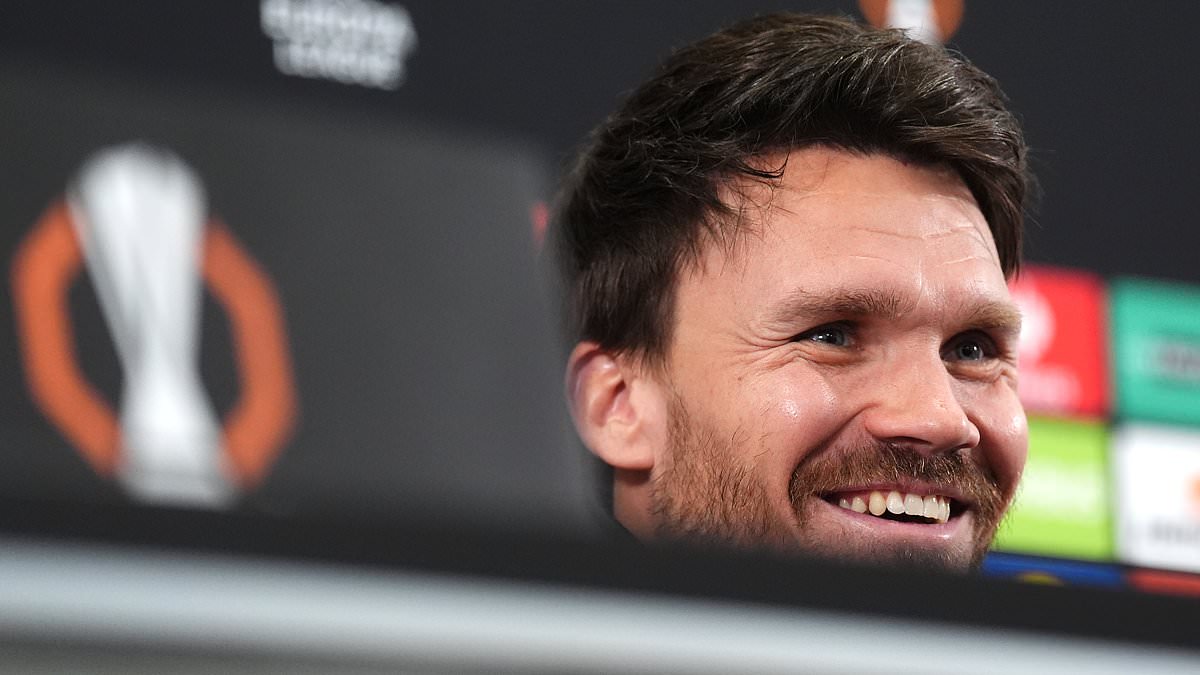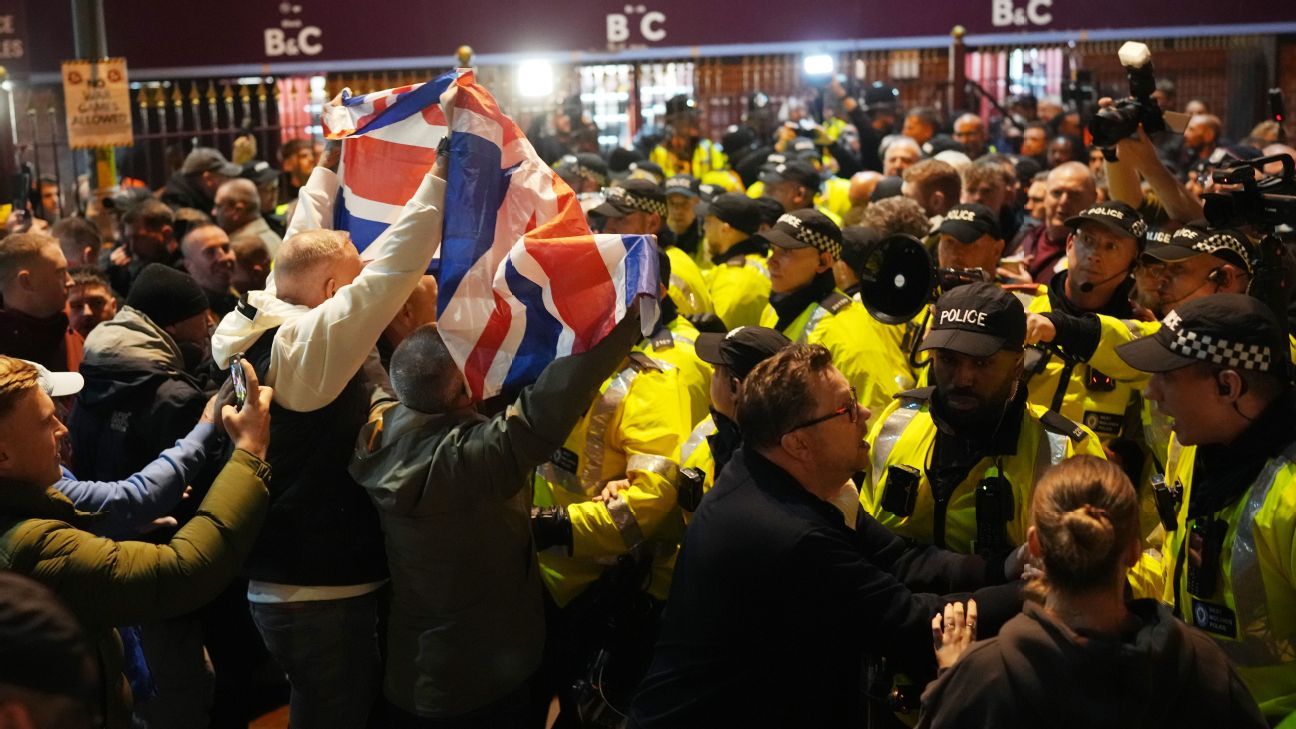Copyright mirror

Our passion for shopping remains unchanged, but the manner and location of our retail therapy have undergone a dramatic transformation in recent years. The primary catalyst for this shift is undoubtedly the surge in online shopping, with filling virtual baskets from the comfort of our homes becoming more appealing than navigating the crowded aisles. Recent statistics reveal that one in seven high street shops across the UK are now empty. However, there was a time when entire weekends were planned around trips to some of the iconic high street names listed below. How many did you go to? After months of failed talks and deliberation, Toys 'R' Us went into administration in 2018. Stores closed and more than 3,000 jobs were lost. Up to 26 loss-making stores launched closing down sales, while landlords accepted lower rent for those that stayed open. But in the end it wasn't enough and the future of all remaining outlets was put in doubt, reports Wales Online . The movie and video game rental company came to the UK in 1989 after buying the 875 stores of the Ritz Video chain. By 2012 it had 528 stores across Britain. But competition from postal rental film Lovefilm and then the rise of on-demand services led to the demise of the brand, which fell into administration in January 2013. Despite attempts to rescue the company, Blockbuster was no more. This electronics retailer once rivalled the likes of Curry's and Comet, selling and renting out TVs and video players. It was so big, it even sponsored the English Football League Cup from 1990 to 1992. But its reign came to an end in 1995 with 100 shops shutting completely, and a further 200 rebranded under the Radio Rentals banner. It's still an online chain, but we haven't seen it on our high streets since 2005. By that time its catalogue arm Index was said to be running at a loss of £100m, losing many of its customers to rival Argos. Every high street in the UK had one - indeed, there were more than 800 stores at its peak. But they vanished from our towns and cities at the end of 2008, with the loss of 27,000 jobs. The Etam brand - together with Tammy - was bought by Sir Philip Green in 2005, but was swallowed up by some of his other brands. The women's clothes retailer is still online, however. Originally opened by Richard Branson as a small record shop in 1971, it became a national chain - but by 2007 all of the 125 stores were rebranded as Zavvi. It was not to be though, as on Christmas Eve 2008, Zavvi went into administration, following the collapse of Woolworths. The music brand had hundreds of store worldwide in the 1990s, but these days, you'll no longer find it in town centres. MVC disappeared from high streets across the UK altogether in 2006 after the firm went into administration. All Poundworld stores closed in August 2018 after a deal to be bought out by Irish retailers Hendersons fell through. The deal collapsed after what was described as a "miscommunication" between the administrators of the chain, Deloitte, and the Henderson family. Poundworld UK, which was bought by private equity firm TPG Capital in 2015 for £150 million, collapsed into administration in June, closing over 250 stores, resulting in the loss of 4,000 jobs. The German chain was a giant for generations and you couldn't miss it with that bright rainbow logo. Renowned for its fashion and ski wear, it announced plans to withdraw from the UK in 2000, and the last stores closed in 2001, although you will still find stores on the continent. It use to be one of the largest electronic stores in the UK and one of the best known brands. But it merged with Carphone Warehouse in 2014, and its famous red and white logo disappeared forever. British Home Stores was another much-loved department store which primarily sold clothes and household items. Liquidators were called in to wind up the high street giant at the start of 2016 after a rescue deal failed to work. After an 88-year stint on the high street, BHS department stores closed for the final time in 2016 with debts of £1.3million. An American import, Borders was a huge hyper market of books and usually had a Paperchase and a Starbucks hidden inside too. But with the advent of online retailers and super-cheap and super-fast booksellers like Amazon, Borders was forced to close its doors on Christmas Eve 2009. Long before we were wrestling with flatpacks from Ikea, we were picking up trendy household furnishings from Habitat. The high end company was founded by design guru Sir Terrence Conran back in 1964. The UK branch of Habitat closed all of its physical showrooms in July 2023 but continues to operate as a solely online business. Just hours after Toys 'R' Us announced it was in administration, Maplin followed. Some 200 shops and 2,500 staff at the electronics retailer went, with the last store closing its doors in June 2018. The company announced the permanent closure of all its 61 UK stores in March 2021. The iconic chocolatier had been struggling for years against competition from rivals like Hotel Chocolat and the rise of online sales. The final decision to close all physical locations was accelerated by the Covid-19 pandemic, which hit the business especially hard during key trading periods like Christmas and Easter. The brand now operates exclusively through its website and in supermarkets . As part of the wider collapse of the Arcadia Group, Dorothy Perkins' stores were permanently closed in early 2021, though the brand continues to exist as an online-only retailer. At its height, the womenswear brand was a huge name on the high street, with hundreds of stores. However, like many brands in the Arcadia empire, it failed to keep up with the fast-fashion trends and online-first approach of newer rivals. When the brand was acquired by online retailer Boohoo, the decision was made to shut all physical shops, resulting in the loss of 2,450 jobs. Debenhams, one of the UK's most historic and well-loved department store chains, closed its last physical locations in May 2021. The retailer, which had more than 200 large stores across 18 countries at its peak, suffered from years of underinvestment and a failure to adapt to a rapidly changing retail landscape. It was ultimately unable to survive its final attempt at administration, with intense online competition and mounting debt proving to be its downfall. The brand was subsequently bought by Boohoo, which now operates Debenhams as a web-only business. Once a major force in the UK sports retail market, JJB Sports went into administration in September 2012, leading to the closure of 113 stores and the loss of 2,200 jobs. The company, which had a peak of over 400 stores, had been in financial trouble for some time due to fierce competition from rivals like Sports Direct and JD Sports and mounting debts. The failure to secure a rescue deal ultimately led to the company's breakup, with JD Sports acquiring a number of its stores. A favourite among teenagers and young women in the 1990s and 2000s, Jane Norman finally closed its physical stores in 2018 after years of financial difficulty. At its height in the mid-2000s, the brand had 116 stores across the UK, known for its distinctive paper bags and trend-led clothing. However, it went into administration twice in the 2010s, struggling to compete with the rise of online shopping and fast-fashion retailers. The brand name and website were eventually bought, but its high street presence was gone for good. Comet closed its doors for good in December 2012. Founded in 1933, the company peaked with more than 250 stores and was a mainstay of the British high street. After being sold for a nominal £2, it went into administration with a massive debt pile, resulting in the loss of 6,500 jobs and the liquidation of all remaining stores.



